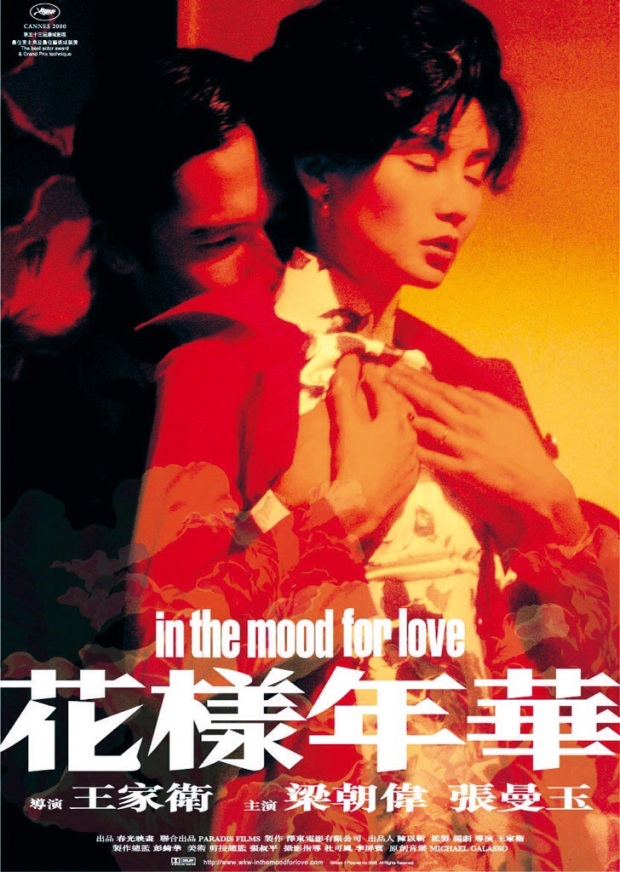“Where’re you from?” asked a British guy who tried to chat me up at a cinema during my trip in France.
“Hong Kong.”
“Oh where is it? Japan?”
Let’s blame the British Empire for being once a great colonizer, the number of countries/cities that it once ruled certainly makes it confusing for its people to remember the names and locations of their colonies. Amused, I posted the conversation on Facebook and received several feedbacks from my friends, examples include:
- “Is Hong Kong so obscure =_= ”
- “Story of my life in US… I’ll never forget when someone asked me if HK is the capital of Japan…”
- “Story of my life back then when the colleague in the state saw earthquake in Japan they ask if my family are ok”
Yep, it’s entertaining to learn what others think of Hong Kong, yet as I thought about the incident again, I realized that I shouldn’t have been too astonished by people’s response. It might be surprising that there ARE actually people who think that we are a Japanese city, but isn’t the expectation that a foreigner would know whether Hong Kong is a bit presumptuous?
Maybe it is Hong Kong’s identity as a Special Administration Region that makes us distinguish our city from China and expect our foreign counterparts to know that Hong Kong is this unique place in East Asia that, even if it’s part of China, it functions independently (sometimes) and is its own jurisdiction. Or it might be my pride for my hometown, with perhaps a bit of Hongkong-centrism, that I expect others to have the slightest common sense to know which country Hong Kong’s sovereignty belongs to.
But as our neighboring cities embark on rapid development, Hong Kong is gradually losing its competitive advantage against its neighboring cities. With the heating competition between Hong Kong and Singapore to rank high as a world-class financial center, Guangzhou building a knowledge city to attract both talents and to make living sustainable, and Shanghai continuing its development as a business and financial center, I can’t help but wonder what Hong Kong has been doing since the handover. Oh yes, Hong Kong still maintains its core advantages (sort of), including a fair and equitable common law system, as well as a low and simple tax regime. But are these enough for us to maintain our status as a world-class city?
And money aside, Hong Kong might have once been famous for Wong Kar-wai’s films and Bruce Lee’s kung fu, but what do we have now? Our government can’t even put the West Kowloon Arts hub together and instead, blame their inability and lack of insight on a ridiculous excuse. The gallery scene in China continues to flourish, while the Chinese government develops cultural free-trade zones to encourage art auctions in the country (source). Singapore is also enjoying its art scene bloom as the Ministry of Culture, Community and Youth invests S$65 million to revamp museums, cultural institutions. Have a look at their budget 2014, you will feel sad for Hong Kong government’s attitude towards our city’s artistic and cultural prospect. Despite the increasing number of artistic and cultural activities in Hong Kong recently, there’s still great work that our city is yet to do in order to maintain its competitive edge amidst the artistic and cultural development of other Asian cities.

(Image source: Wikipedia)
We are no longer basking in the afterglow of being a former-British colony, with our counterparts catching up, I will not be too surprised if one day our neighboring cities become more famous than we are. It would lead to a lengthy discussion of whether Hong Kong is still, or will remain, an important figure in the international arena among the emerging powers. But as much as I love my hometown, I’m aware of the great danger that hinders Hong Kong’s further development – the presupposition that Hong Kong is good enough, and will remain so in the future. After all, our beloved city is even smaller than a pixel on the map.